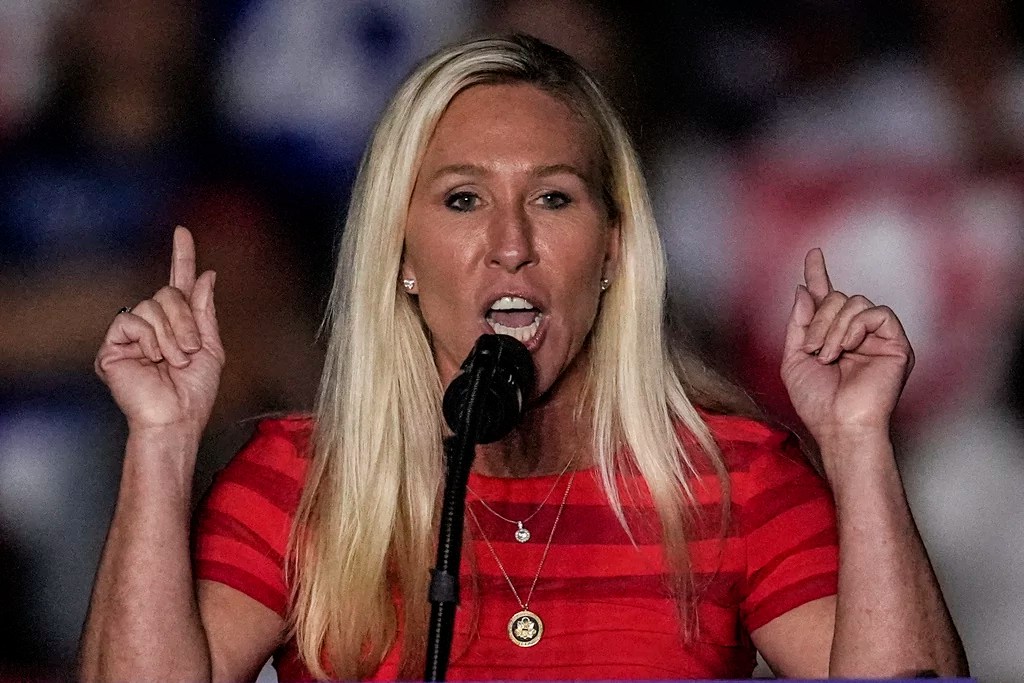NY Appeals Court denies Trump’s bid to postpone fraud trial.
A New York appeals court refuses to delay Donald Trump’s civil fraud trial
A New York appeals court on Thursday denied Donald Trump’s motion to delay his scheduled Oct. 2 civil fraud trial. The former U.S. president had accused the trial judge of wrongly refusing to dismiss most of the case.
The Appellate Division, a mid-level appeals court in Manhattan, issued a brief order rejecting Trump’s request to postpone the trial. The court also lifted a previous order that had temporarily halted the proceedings while considering Trump’s motion.
Allegations of fraudulent asset valuation
The appeals court’s decision comes after state court Justice Arthur Engoron found that Trump and his family business had consistently and fraudulently overvalued their assets and net worth. This was allegedly done to secure better loan and insurance terms.
New York Attorney General Letitia James brought the claims in September 2022, accusing Trump, his adult sons, the Trump Organization, and others of engaging in “staggering fraud” regarding property valuations.
Penalties sought by the attorney general
James is seeking penalties of at least $250 million, a ban on Trump and his sons from running businesses in New York, and a five-year commercial real estate ban on Trump and the Trump Organization.
Lawyers representing Trump and the other defendants were not immediately available for comment.
Trump’s attempt to delay the trial
On Sept. 14, Trump sued Justice Engoron in an effort to postpone the trial. He accused the judge of disregarding a June ruling from the appeals court that, according to Trump, required dismissing many of James’s claims due to their age.
However, Engoron’s recent decision demonstrated that he believed the appeals court ruling had little impact on James’s case. The judge criticized the defendants for fabricating property valuations, including Trump’s Mar-a-Lago compound in Florida and Trump Tower penthouse in Manhattan.
Engoron concluded that there was “conclusive evidence” that Trump had exaggerated his fortune by up to $2.2 billion. He also ordered the cancellation of certificates allowing some of Trump’s businesses to operate.
Potential consequences for Trump’s properties
If upheld, Engoron’s decision could result in Trump relinquishing control of properties such as Trump Tower in Manhattan, a Wall Street office building, golf courses, and his family estate in suburban Westchester County, New York.
The appeals court’s June ruling had stated that James could not pursue certain claims that predated July 2014 or February 2016. However, James argued that Trump’s annual financial statements reflected some of those earlier claims, allowing her to sue over his ongoing misconduct.
Unrelated to criminal indictments
It is important to note that the attorney general’s case is separate from the four criminal indictments faced by Trump, including charges related to his attempts to overturn the 2020 presidential election.
Trump has pleaded not guilty in all four cases and has repeatedly portrayed the litigation against him as a politically motivated Democratic witch hunt, as he aims to return to the White House.
Despite his legal challenges, Trump remains a frontrunner for the 2024 Republican presidential nomination.
(Reporting by Jonathan Stempel in New York; editing by Noeleen Walder and Bill Berkrot)
What were the arguments made by Trump to delay the civil fraud trial and were they successful?
Bid to delay the civil fraud trial. In his lawsuit, Trump claimed that the judge exhibited “extreme bias and prejudice” against him and should be disqualified from presiding over the case. He also argued that the trial should be postponed until the appeal on his motion to dismiss the case was resolved.
However, the appeals court dismissed Trump’s arguments and refused to grant the requested delay. In its order, the court stated that there was no basis to disqualify Justice Engoron and that Trump had failed to meet the high standard required to postpone a trial.
A blow to Trump’s legal strategy
The appeals court’s decision is a setback for Trump’s legal strategy in this case. The former president had hoped to delay the trial and potentially have the case dismissed on appeal. By denying the delay, the court is signaling that it intends to move forward with the trial as scheduled.
This is not the first time Trump has faced legal challenges during his presidency and beyond. He has been involved in numerous lawsuits and investigations, including the impeachment proceedings during his time in office. The civil fraud trial in New York is just one of many legal battles Trump is currently facing.
Political and legal implications
The outcome of Trump’s civil fraud trial could have significant political and legal implications. If he is found guilty, it would further tarnish his reputation and potentially impact his chances of running for office again in the future. It could also have financial consequences for Trump and his business empire.
On the other hand, if Trump is able to successfully defend himself and win the case, it would be seen as a major victory for him and his supporters. It would reinforce his claims of being a victim of a politically motivated witch hunt and could potentially strengthen his political standing.
Conclusion
The New York appeals court’s refusal to delay Donald Trump’s civil fraud trial is a significant development in the case. It indicates that the court is committed to moving forward with the trial as scheduled and that Trump’s legal challenges have not succeeded in derailing the proceedings. The outcome of the trial will have important consequences for both Trump and the broader political and legal landscape.
" Conservative News Daily does not always share or support the views and opinions expressed here; they are just those of the writer."





Now loading...